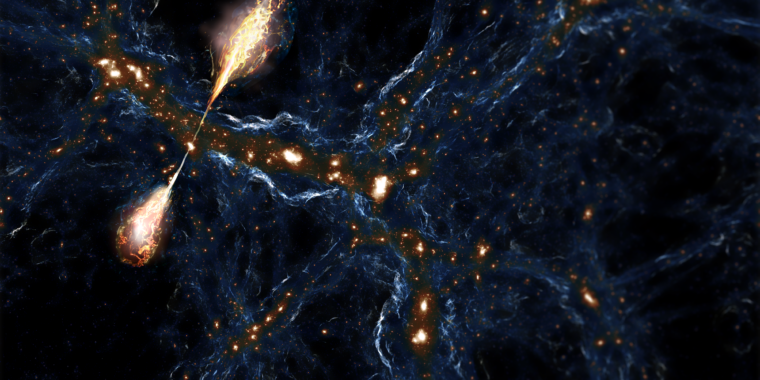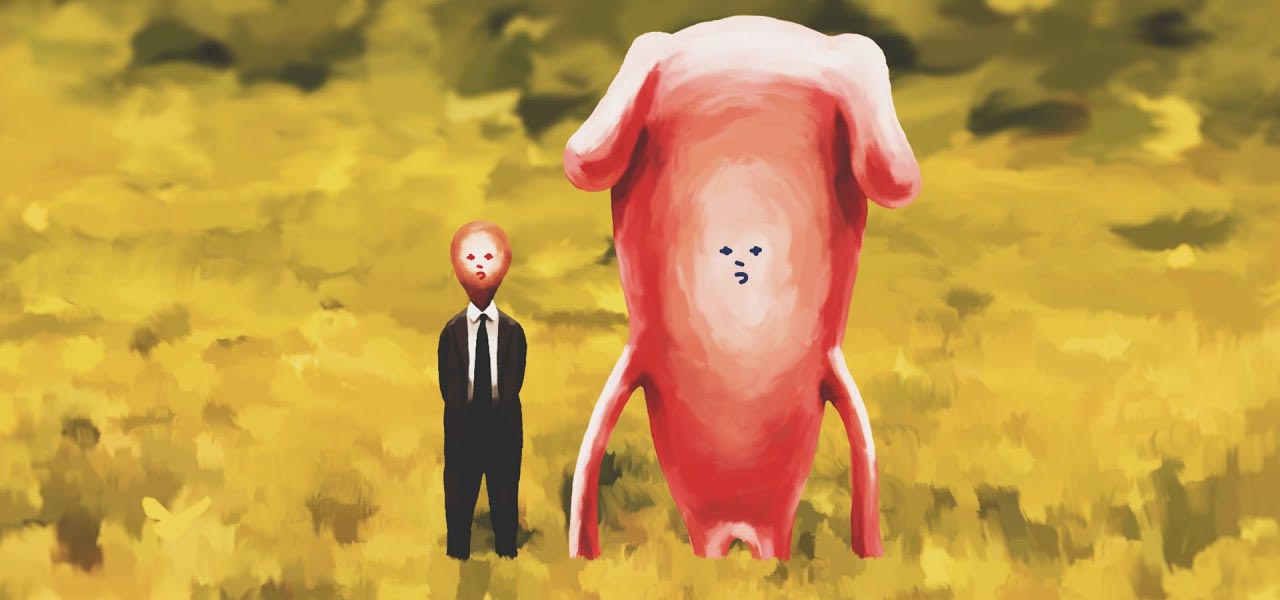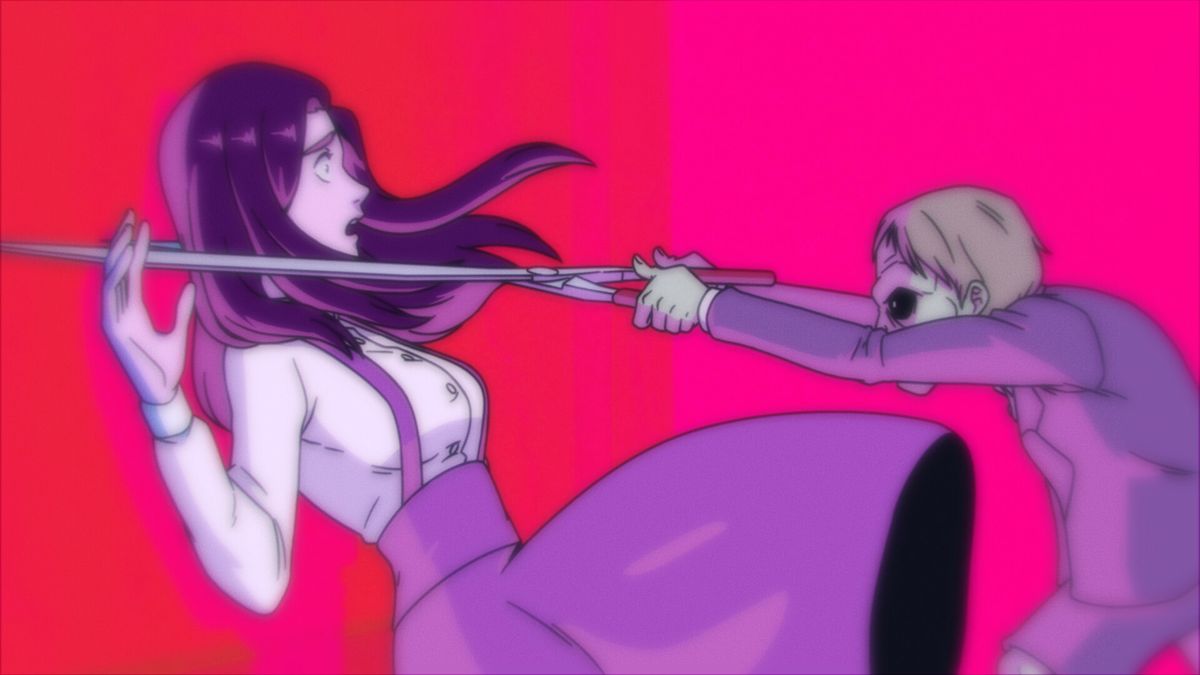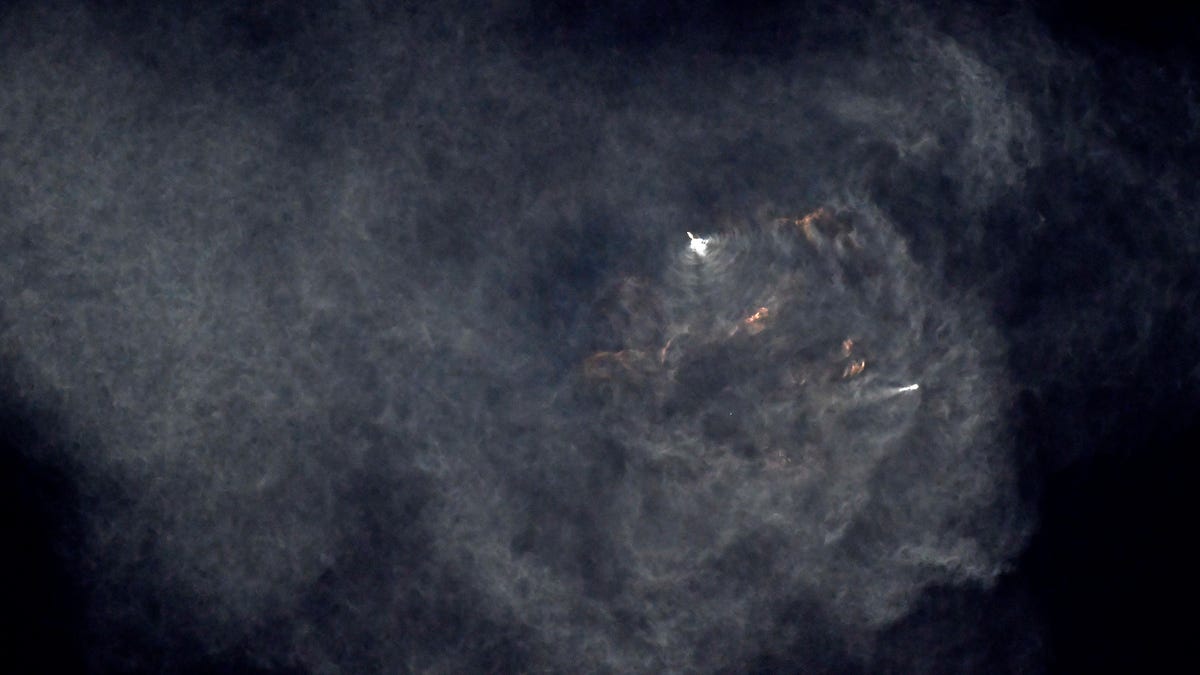This winter, the decision to hold the Beijing Olympics behind closed doors will rob the Games of one of its most telegenic moments, but it will also allow organizers and sporting officials to sidestep what could easily have turned into a geopolitical crisis.
All because of a boy and his bear.
When a bloodied and bandaged Yuzuru Hanyu last competed in China — in a heroic free skate at a 2014 Grand Prix event that clinched the young superstar a silver-medal finish despite several falls — the crowd responded with a standing ovation and ains onto the ice at Shanghai Oriental Sports Center.
They included dozens of Winnie the Pooh bears inspired by the skater’s now-famous tissue box, which features the Disney character based on the works of author AA Milne.
In the years and competitions that have followed, as Hanyu claimed his second Olympic gold and “Yuzu-mania” gripped the skating world, the Pooh deluges have only increased in size — with flower girls and event staff sometimes struggling to rem in time for the next skater to compete.
Hanyu, like most of his fellow Japanese athletes, is apolitical in public. And while Pooh himself “ran” three times for US president — in marketing events between 1968 and 1976 that featured campaign songs and Disneyland rallies — it’s not even certain that he’s registered to vote in the Hundred Acre
Yet an internet phenomenon that associated him with Chinese President Xi Jinping has turned Pooh into a central figure in international politics — as well as one of popular culture’s most-censored characters.
Beginning in 2013, when a photo of Xi with then-US President Barack Obama was compared to an illustration of Pooh and his companion Tigger, Chinese netizens sought to use images and memes featuring Pooh as a way to mockingly criticize Xi Party without drawing the immediate attention of state censors.
Later, an awkward handshake between Xi and then-Prime Minister Shinzo Abe led to similar satires, with Pooh returning as Xi and Eeyore playing the role of Abe.
As a result, images of Pooh — as well as his name and related phrases — are frequently rendered inaccessible by authorities through China’s “Great Firewall,” which blocks many popular Western sites such as YouTube, Twitter and Facebook.
“Christopher Robin,” a live-action Winnie the Pooh film, was denied a Chinese release in 2018, while Devotion, a Taiwanese horror video game that referenced the Pooh-Xi meme in a hidden easter egg, was subsequent platform in 2019. That same year, the famously lewd animated comedy “South Park” used Pooh to parody China’s policies, resulting in the long-running series’ subsequent ban from the country.
While Hanyu’s post-performance adoration gesture of Pooh bears would seem to be ripe for censorship in China, user-uploaded highlights of his routines are widely available on Bilibili, one of the country’s most popular video platforms.
Footage of the Sochi and Pyeongchang Olympics from CCTV, China’s state broadcaster, indicates that Pooh bears being thrown onto the ice were seen by Chinese viewers. That’s not necessarily by choice, however, as Olympic broadcasters all rely on competition feeds provided to them by the International Olympic Committee.
Hanyu, for his part, won’t have his famous Winnie the Pooh tissue box by his side when the men’s competition takes place on Feb. 8 and 10 at Beijing’s Capital Indoor Stadium. That’s not due to action taken by local organizers, but as a result of an Olympic rule banning such “mascots” from the competition area — likely to sidestep any potential commercial conflicts.
It’s not even clear when Japanese skating fans will again be able to throw the toys, which Hanyu donates to local hospitals and charities, onto the ice. That’s because they’ve been forbidden from tossing flowers or gifts to skaters since the start of the coronavirus pandemic.
Yet while Pooh is likely to be absent from Beijing broadcasts, he won’t be out of the reach of Hanyu’s local fans. In 2019, Disney’s Japanese arm released a “Yuzu Pooh” tissue box featuring the character holding a yuzu fruit — a not-so-subtle nod to the world-famous skater, who soon began using the new design himself.
The box and a similarly designed stuffed toy quickly sold out, but was again made available for reservation on Jan. 21 — with fans set to receive their orders beginning in August, well in time for the 2022 Grand Prix season.
In a time of both misinformation and too much information, quality journalism is more crucial than ever.
By subscribing, you can help us get the story right.
SUBSCRIBE NOW















/cloudfront-us-east-2.images.arcpublishing.com/reuters/MSALO3UM6JOPFALS2NP65G7SOM.jpg)


+ There are no comments
Add yours